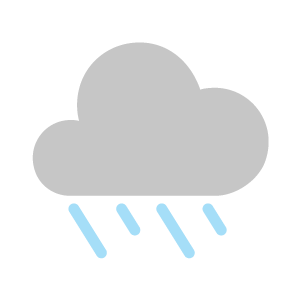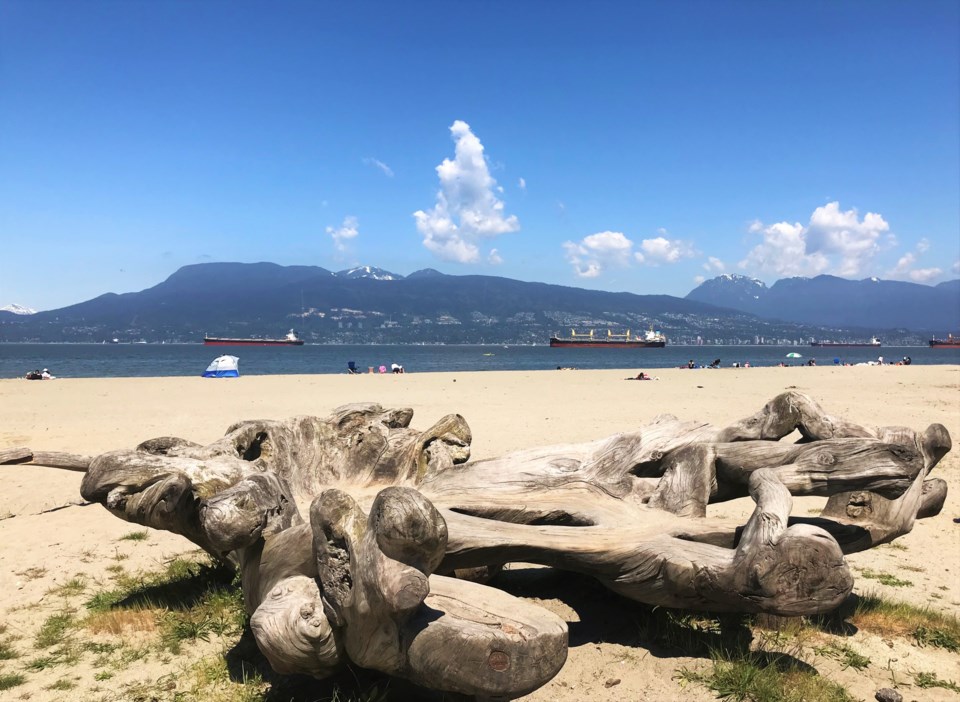Saturday's rain was an anomaly this summer.
More than 22 mm fell according to Environment Canada, ending one of the longest dry streaks in Vancouver's history, according to meteorologist Bobby Sekhon. It totalled 52 days, one day short of second place (53 days in 1985).
"We get an average of 37 mm of rain in August," he adds. "To get 22 of that in a single day is good."
It's going to be a few days until we see more, he adds, with a high-pressure ridge building up and bringing above-average temperatures later this week. Wednesday he says things will begin to pick up, with a peak on Thursday and Friday followed by an above-average day on Saturday.
The forecast shows a chance for heat warnings to be issued again this summer.
"In coastal areas we need two consecutive days of 29 C or higher with lows of 16 C or higher," Sekhon explains.
Right now Vancouver is forecast to get into the high 20s during Thursday and Friday, with lows in the evening around 17 C.
In the Fraser Valley things have to get a little warmer, with two days of 33 C or higher and overnights not dropping below 17 C.
Sekhon says that's also possible later this week.
By Saturday that ridge should be breaking down, and on Sunday things should return to relatively normal temperatures, though it's unclear what'll follow the heat; it could be clear skies, showers or thunderstorms.
"It's really hard to say what the breakdown looks like after the ridge goes by," he says.
A separate concern could also arrive soon, though it's unclear how likely it is.
"Later this week there is a possibility of getting into some eastern outflow winds," Sekhon says.
Depending on how the fires are doing in the interior of B.C., that could bring smoke to the city.
"It's really hard to say when, but probably Thursday or Friday," he says. "It's not certain by any means."
"It'll be hot, but whether it'll be smoke remains to be seen."
Now is the time to check on vulnerable or elderly friends or family members he adds, and to make a plan to stay cool and hydrated, in case temperatures spike.



